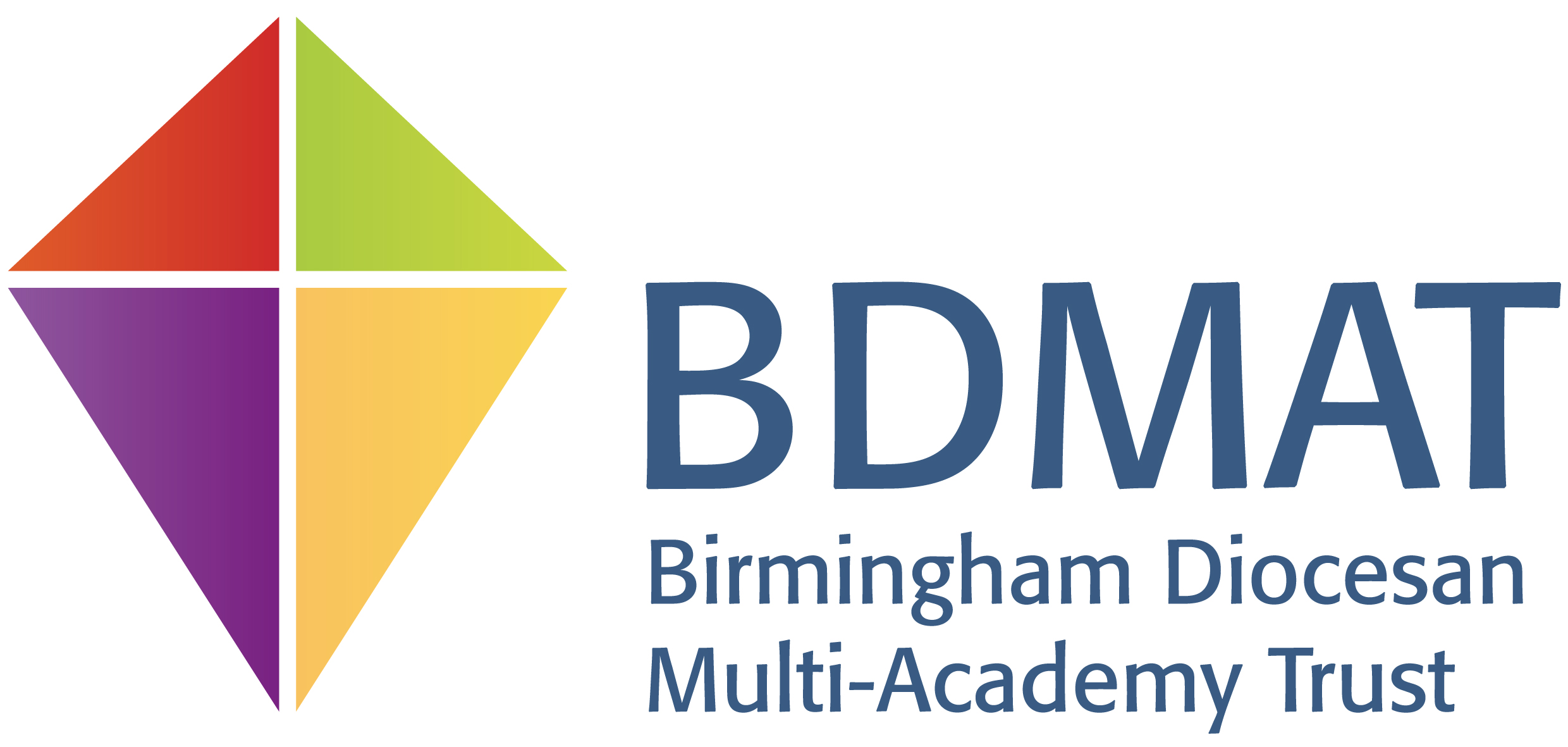Religious Education
Religious Education Intent
Our aim at Holy Trinity is to provide a varied, representative curriculum that teaches children about the main world religions while embedding our Christian ethos as a Church school. Our school values of respect, community and friendship underpin the deliverance of a curriculum that teaches children about difference and how this creates the world that we live in. We believe that our R.E curriculum enables children to have a welcoming space in which they can discuss their religious beliefs and learn about beliefs that they do not hold.
Aims
The aims of the Birmingham agreed syllabus for Religion Education are for pupils to develop spiritually, morally, culturally, mentally and physically; and to prepare pupils for a future in society by:
-
Learning from faith.
-
Learning about religious traditions.
Teaching and Learning
R.E. at Holy Trinity is taught through progressive units. R.E. is taught weekly in 1 hour lessons. In addition to these, all children continue to develop their understanding of the Christian faith during whole school and class collective worship times.
To support the planning of R.E. at Holy Trinity we use the scheme, Understanding Christianity. Understanding Christianity has identified eight core concepts at the heart of mainstream Christian belief. It sets out some knowledge ‘building blocks’, to clarify what pupils should know and understand about these concepts at each school phase. It provides a teaching and learning approach to unpack these concepts and their impact in the lives of Christians in the UK and the world today, making connections with the world of the pupils and their wider understanding.
Understanding Christianity’s approach to teaching about Christianity builds up pupils’ encounters with these core concepts through biblical texts, placing the texts and concepts within the wider Bible story. Each unit addresses a concept, through some key questions, exploring core Bible texts, their impact for Christians, and possible implications for pupils. Each unit incorporates the three elements below:
- Making sense of the text: developing pupils’ skills of reading and interpretation; understanding how Christians interpret, handle and use biblical texts; making sense of the meanings of texts for Christians.
- Understanding the impact: examining ways in which Christians respond to biblical texts and teachings, and how they put their beliefs into action in diverse ways within the Christian community and in the world.
- Making connections: evaluating, reflecting on and connecting the texts and concepts studied, and discerning possible connections between these and pupils’ own lives and ways of understanding the world.
Curriculum Documentation
Sandwell Agreed Syllabus For RE



